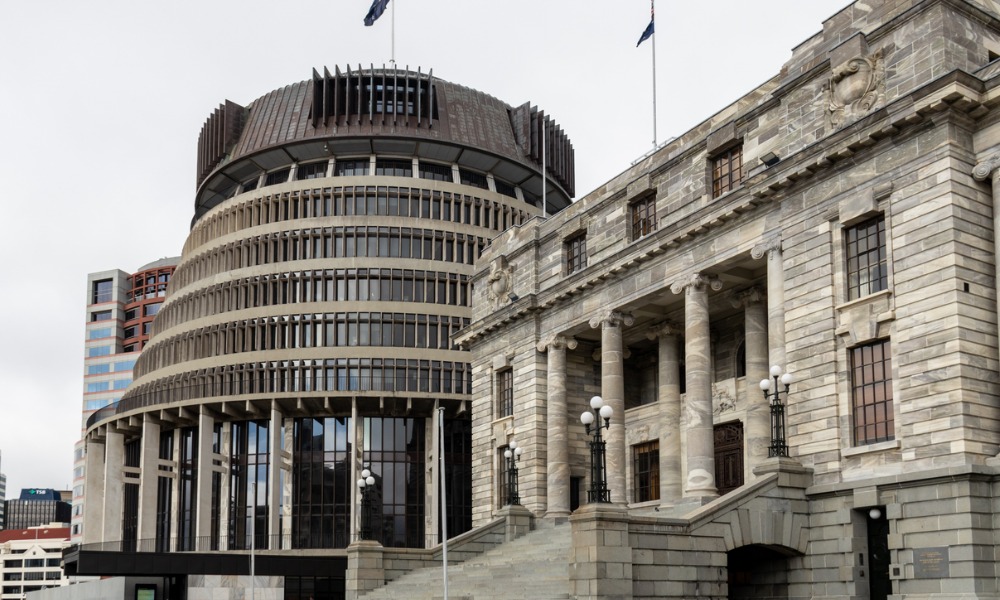
The bill goes through its first reading this week

The inaugural Resource Management Act (RMA) Amendment Bill has made it to Parliament.
The coalition government announced its plan to introduce the bill last month. The legislation is aimed at reducing regulatory complexities affecting key sectors in New Zealand, including farming, mining, and other primary industries.
“Resource Management (RM) Bill 1 proposes targeted changes that can take effect quickly and give certainty to councils and consent applicants, while the government develops new legislation to replace the Resource Management Act 1991 (RMA)”, RMA Reform Minister Chris Bishop said. “The bill will also speed up the process for preparing or amending national direction. The current process for making or amending national direction is unnecessarily onerous, costly, and it takes too long”.
Agriculture Minister Todd McClay added that boosting the profitability of primary sectors is “key” to sustaining its global competitiveness.
“We are backing our farmers who are world best in producing high-quality, safe produce that is globally sought after. Farming underpins New Zealand’s economy, boosting our GDP, and providing jobs for hundreds of thousands of people”, he said. “Improving primary sector profitability is key to remaining competitive internationally and getting value back into farmers' back pockets. We are cutting red tape to ensure regulations are fit for purpose and don’t place undue compliance costs on farmers and growers”.
Associate Environment Minister Andrew Hoggard stressed the need for fit-for-purpose regulations that do not impose “unnecessary or unreasonable” costs on producers.
The proposed key changes in the bill are expected to result in the following outcomes:
“The government is delivering on its plan to reform the resource management system in three phases. Introducing this bill today also achieves two of our Q2 Action Plan for New Zealand targets: introducing legislation that clarifies the application of the National Policy Statement on Freshwater Management and suspends the requirement on councils to identify and adopt new Significant Natural Areas,” Bishop said in a media release dated 23 May. “It also achieves several commitments in the National-ACT coalition agreement”.
In line with Phase One was the repeal of the Natural and Built Environment Act and Spatial Planning Act in December, he confirmed. Meanwhile, the introduction of the Fast-track Approvals Bill in March kicked off Phase Two.
“This phase includes RM Bill 1, the first of two bills that propose targeted changes to the resource management system. We also plan to amend or develop new RMA national direction as part of Phase Two. This will make it easier to consent new infrastructure, get more houses built and it will enhance the primary sector”, Bishop explained. “In Phase Three, the government intends to replace the RMA with new resource management legislation. This will be based on the enjoyment of property rights, while ensuring good environmental outcomes.”
After its first reading this week, rhe Resource Management (Freshwater and Other Matters) Amendment Bill will be referred to the Primary Production Select Committee for consideration.